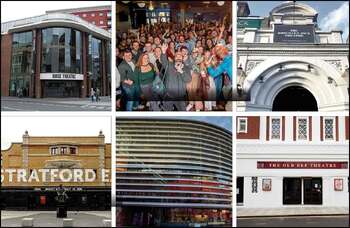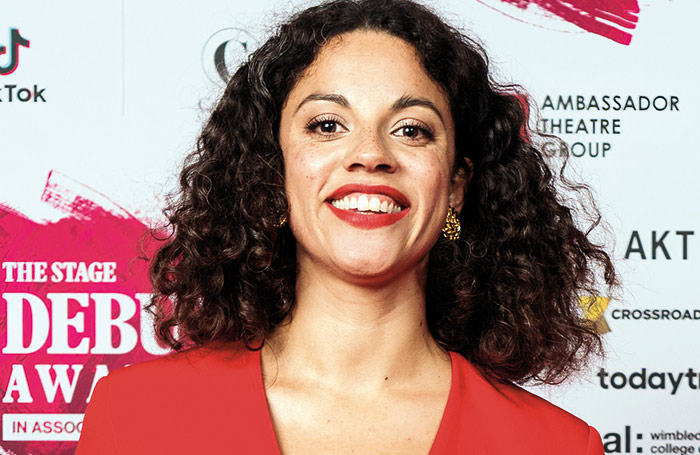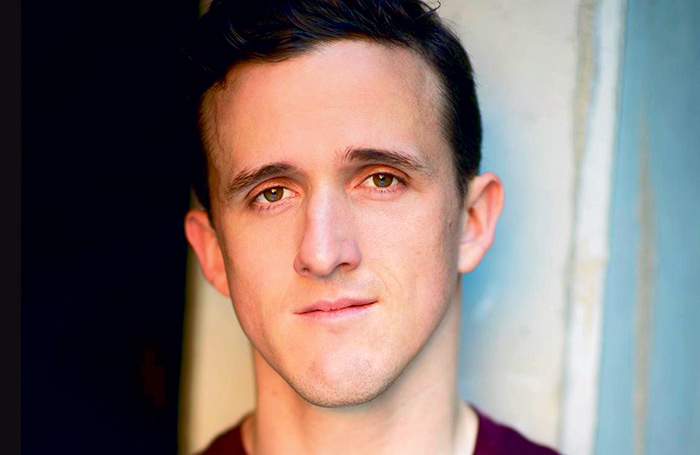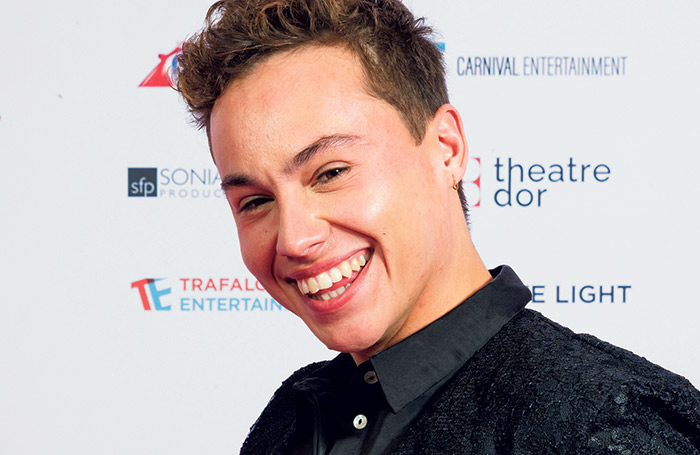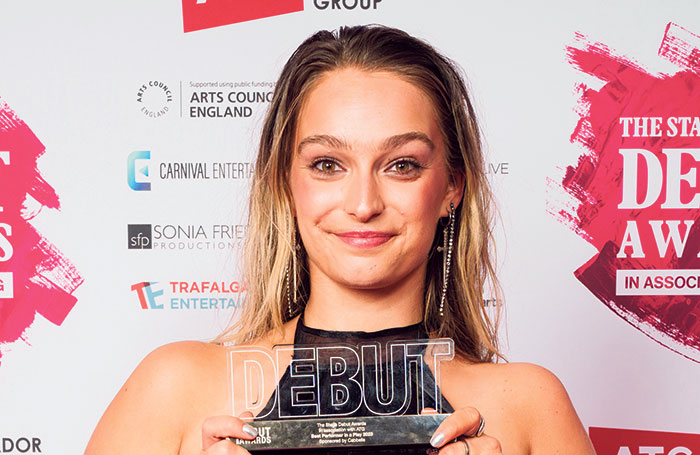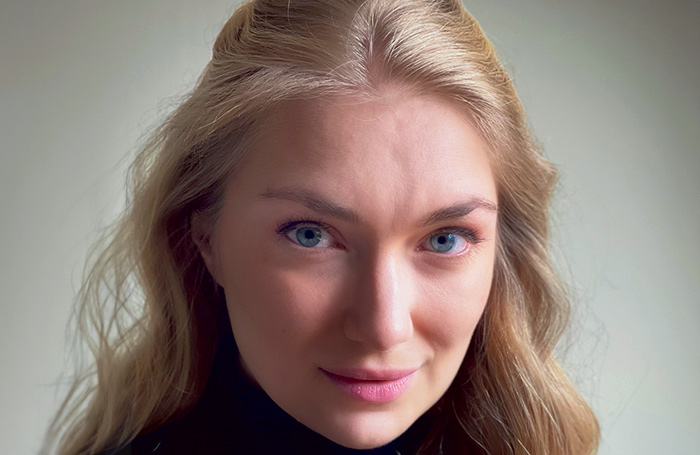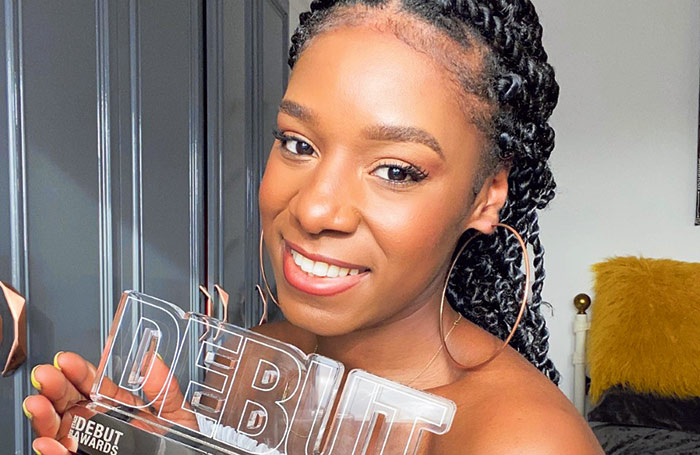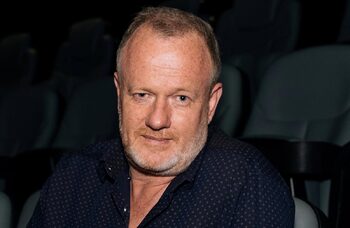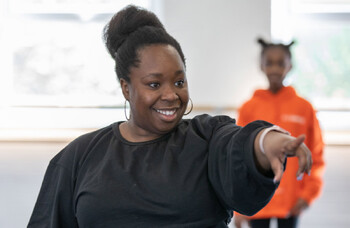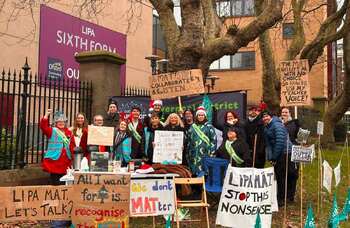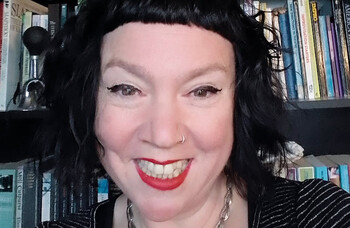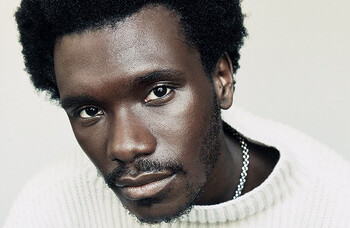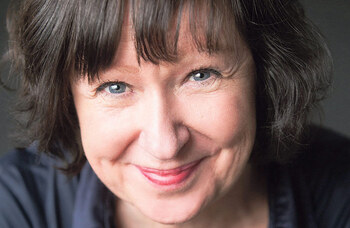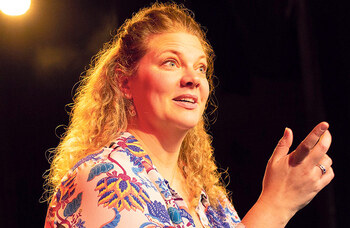Graduate focus | The Stage Debut Awards winners on how they got their first jobs
How do you secure that coveted first job? And what do you do next? Former winners from The Stage Debut Awards give an insight into opportunities that kick-started their careers, and offer some advice for artists entering the industry today
Anoushka Lucas, writer/actor
The reality is, I’ve had four starts in theatre so it’s a bit of an unorthodox journey. The first person to get me into theatre was playwright Ché Walker. I was a singer-songwriter and I played him one of my songs and he asked me to write music for a show he was writing, so I became a composer.
Then, I was a composer for a show, and the casting director Will Burton suggested I should act, inviting me to audition for Jesus Christ Superstar at Regent’s Park Open Air Theatre. I got the part and became a musical theatre actor.
The next thing was that I wrote some songs for Jessica Butcher’s show at Edinburgh, but then she and director Jessica Edwards suggested I should speak some of the script, so I became a straight actor. And the final thing was that Lynette Linton and Daniel Bailey at London’s Bush Theatre suggested I write a play, so I became a playwright.
I suppose if I was to give any wisdom, it would be this: other people might offer you opportunities that do not fit in with your idea of what you can do. If those people are smart, or talented, or interesting: trust them. Say yes to things that scare you. And be open.
Daniel Monks, actor
My UK debut was in Mike Lew’s Teenage Dick at London’s Donmar Warehouse, directed by Michael Longhurst as part of his inaugural season. Going from being a complete unknown in the UK to being cast as a lead at the Donmar was only possible due to the support and generosity of a number of people. The casting director Daniel Edwards recommended me to my agents Sam Turnbull and Sophie Holden at Curtis Brown. They set up a general meeting with the Donmar casting director Anna Cooper. I then participated in an in-house reading, which went well and so was followed by a meeting with the director. The playwright also stipulated in his script: “Cast disabled actors for Richard and Buck. They exist and they’re out there.”
This production is what has enabled me to have my career and life in London. I’m currently back at the Donmar in Longhurst’s final season in The Cherry Orchard, with another cast assembled by Anna Cooper. I can’t emphasise enough how much casting directors are our greatest champions. They are our advocates in this industry, and even when we don’t get the jobs, that doesn’t mean they’re not always fighting for us and remembering us.
Emily Ling Williams, director
A few months before I got my first job – directing A Playlist for the Revolution – I was chatting with my friend and mentor Ria Parry about how to make the move from assisting to directing and she said: “Emily, you need to get a show at London’s Bush Theatre.” I spoke to the director Holly Race Roughan, as I was on the Origins scheme at Headlong, and she offered to help me get in touch with them.
The next week, I left to visit family abroad with a plan for when I got back, but the first night I was away I had an availability check come through from the Bush for A Playlist for the Revolution by AJ Yi. The Bush’s assistant producer had seen something about me on Twitter and thought I could be the right fit for the show. I remember getting up at 5am to Zoom with AJ and the producer, and then the day after I got back to the UK, I headed to London to meet with them and artistic director Lynette Linton in person.
Elijah Ferreira, actor
The audition for Hedwig and the Angry Inch came to me via my agents – Cowley, Knox and Guy. I did a self-tape, a recall on Zoom and then a third round in person to work on material from the show with Jamie Fletcher (director), Alex Beetschen (musical director) and Divina De Campo, who had already been cast as Hedwig. I had an hour with Alex on the day of my final recall to work on the music before going in and singing with Divina in front of Jamie, which was incredibly helpful.
‘I felt free enough to treat the audition almost as rehearsal’
I knew the material fairly well before coming into my audition, and I’d taken time in the lead-up to work on the music with vocal coach Leon Trayman. This meant I felt free enough to treat it almost as rehearsal, like I’d already booked the job – I find going in with that energy is what most often leads to my successful auditions.
Isobel Thom, actor
The stars truly felt as though they aligned to give me the opportunity that was my first job, in I, Joan. I was in my final year of training at the Royal Welsh College of Music and Drama and I was approached directly by Shakespeare’s Globe as they searched for non-binary actors.
‘The lack of professional expectation actually really helped me’
I ended up doing three rounds of auditions in a process that lasted just under four months and included interviews, text work, singing and movement. It all felt a little nerve-racking at first – I hadn’t even graduated yet, I had no idea what a professional theatre audition would actually be like, if there were lots of secret rules I wouldn’t know – but luckily I felt very welcomed, supported and taken seriously by everyone I met with.
Looking back, I think the lack of professional expectation was something that actually really helped me. I was a student having to throw myself in to new things with different groups of people all the time, and so treating the auditions like a class or workshop (sure, one that I just so happened to be doing with professionals at a leading theatre) relaxed me a great deal. Students know the shape of that – and it’s an idea that has helped me innumerable times since.
At their core, I do still feel auditions are just that – an opportunity to work with new people, see how you gel together creatively, try new things, do the job we love. Be yourself, don’t prove yourself.
Andrea Scott, video designer
In early 2022, I was working with video designer Finn Ross on a few other productions when he mentioned that My Neighbour Totoro was happening later in the year and asked whether I was interested in coming on board for it, too. It was a hugely exciting opportunity as I have always loved watching anime and animation films, so bringing something as iconic as My Neighbour Totoro to life on stage was a chance not to be missed. I started working on Totoro as the associate video designer, and my role changed to co-video designer throughout the production process.
For anyone graduating – or even interested in working in the theatre – I would say do not be shy about getting in touch with people from the industry. You will find many individuals, whether they are creatives or part of various technical teams, who will be willing to have a chat.
Shan Ako, actor
The casting directors for Les Misérables reached out to my manager directly, having seen me on The X Factor. They wanted me to audition for the all-star stage concert of Les Misérables for the role of Éponine as well as for Eliza in Hamilton. I knew Hamilton really well but I have to admit I wasn’t familiar with Les Misérables, not having studied musical theatre – instead, I had a music degree. But you have to be open to unexpected turns in your journey, as they often lead to the most rewarding experiences. I wasn’t ready for Eliza back then, but Cameron Mackintosh and his team believed that I was ready and right for Éponine.
‘I felt supported and guided and prepared throughout the audition process’
It was because of that belief that the audition process was incredible. I felt supported and guided and prepared throughout. Cameron and his team were and are amazing. It was more of a workshop experience than an audition. I received notes and direction before I met two other cast members a few days later, for my final run-through to ensure the vocal blends were on point. Michael Ball once told me there’s no better West End debut than Les Mis – and he was right.
Tingying Dong, sound designer
In spring 2021, I did my first main-house sound design at Theatre Royal Stratford East. My role originally was associate sound designer, but due to availability, I was promoted to sound designer, with a very established sound designer – Christopher Shutt – mentoring me. It was a job well done, and therefore I was recommended to director Lyndsey Turner for After the End at the same theatre for a similar arrangement with mentor Paul Arditti, which opened in spring 2022.
‘It was a job well done, and therefore I was recommended to others’
It was a lovely collaboration, so after that show, Lyndsey checked my availability for sound-designing her production of The Crucible at the National Theatre that autumn season. The sound system in the Olivier is complicated and requires a lot of experience, so a plan was worked out that Paul and I would split the sound-design responsibility, with him designing the system and me designing the content.
Opinion
Recommended for you
Advice
Recommended for you
Most Read
Across The Stage this weekYour subscription helps ensure our journalism can continue
Invest in The Stage today with a subscription starting at just £5.99
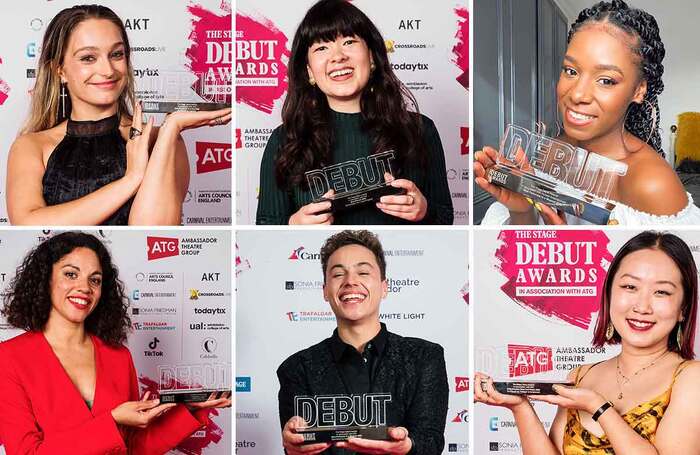
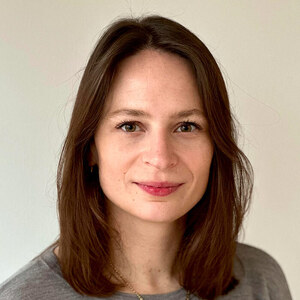 Georgia Snow
Georgia Snow